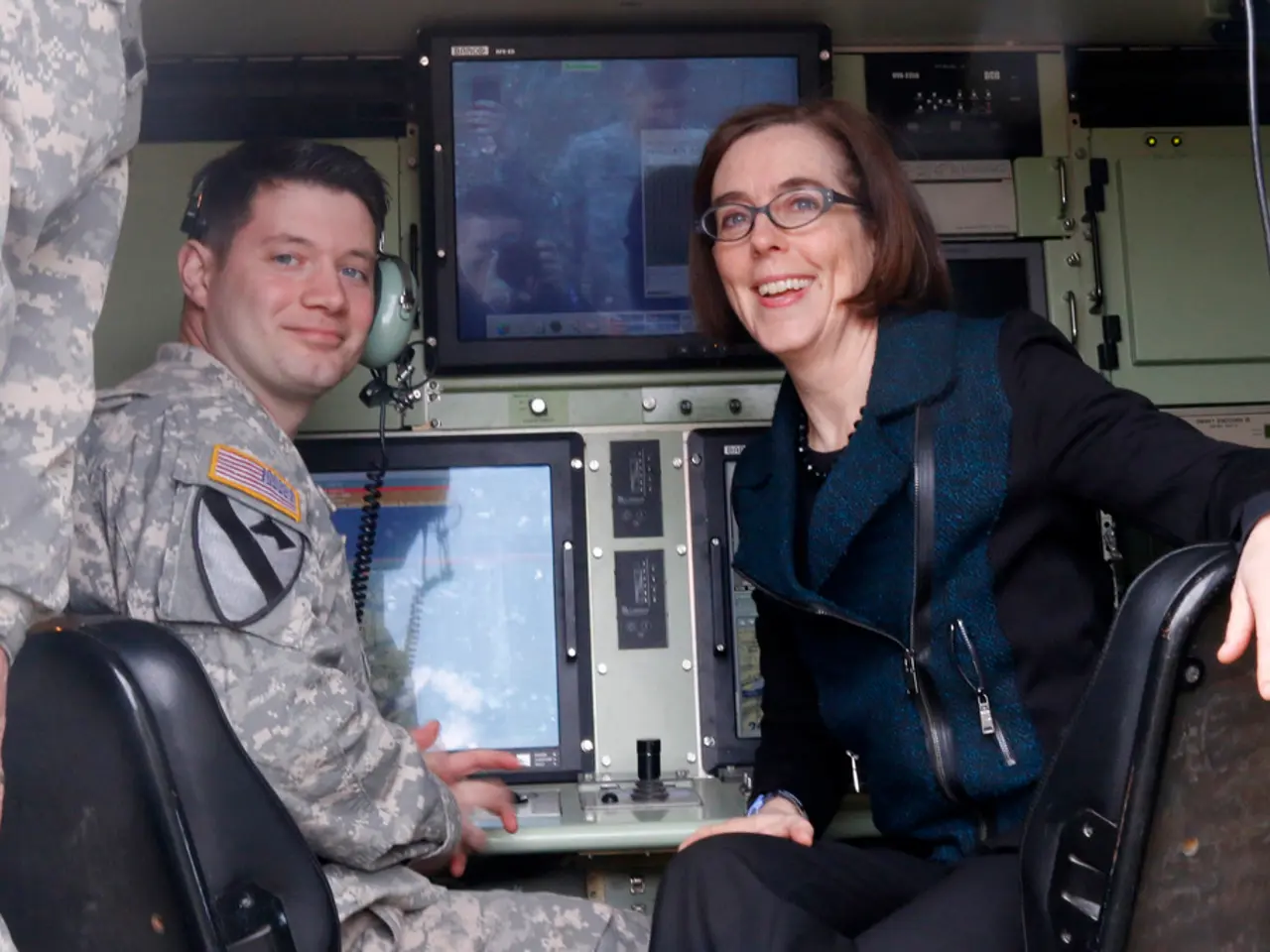Strategies for Aircrew to Prevent Work Exhaustion and Chronic Stress
Managing Pilot Fatigue: A Multifaceted Approach
Pilot fatigue is a serious issue that can have severe consequences for both the pilot and others on-board. It can be caused by a variety of factors, including heavy physical work, poor health, dull and repetitive tasks, and interruptions to the circadian rhythm.
Chronic fatigue can be detrimental to the physical and mental health of the person experiencing it. Symptoms of pilot fatigue include constant tiredness, decreased mental acuity, blurred vision, and reduced focus. More severe symptoms include falling asleep on the job, excessive yawning, and delayed response time.
To prevent and manage pilot fatigue, a multi-faceted approach is necessary.
Adequate Sleep and Rest
Pilots should prioritize sufficient sleep to maintain good mental and physical condition. Studies with pilot trainees emphasize the importance of resting well before duty to ensure alertness and cognitive efficiency.
Scheduling and Workload Management
Fatigue can be mitigated by implementing schedules that minimize excessive duty hours and long stretches without rest. This approach is similar to those recommended in other high-stress occupations like firefighting. Managing flight schedules to avoid circadian rhythm disruption and allowing rest breaks are essential.
Training for Cognitive Stamina and Situational Awareness
Scenario-based training, simulator practice, and crew resource management (CRM) help pilots develop efficient attention allocation strategies, improve decision making under pressure, and maintain situational awareness, all of which counteract the cognitive impairing effects of fatigue.
Balancing Automation Reliance
Training pilots to effectively manage automation—avoiding over-dependence—helps maintain engagement and reduce fatigue-related lapses in situational awareness.
Monitoring Physiological and Metabolic Indicators
Emerging research suggests the value of long-term health monitoring to detect fatigue signs early and tailor interventions that optimize performance and reduce fatigue over time.
Coping Strategies
While specific strategies in aviation are less detailed, research in maritime pilotage shows individuals employ various personal tactics to manage fatigue symptoms. This implies the importance of individualized fatigue coping plans.
Lifestyle Factors
A healthy lifestyle can help prevent and deal with pilot fatigue. Tips for pilots to avoid occupational fatigue include exercising regularly, avoiding strenuous workouts, drinking enough water, and eating a healthy diet. Losing weight can help reduce the symptoms of chronic fatigue.
When nothing seems to be working in managing pilot fatigue, professional help should be considered. Consulting a physician might be necessary if fatigue persists and seems to be due to a more serious issue.
In summary, preventing and managing pilot fatigue requires a combination of adequate rest, optimized scheduling, cognitive and situational training, balanced automation use, health monitoring, and individualized coping strategies. By taking these steps, pilots can ensure their safety and the safety of their crew and passengers.
[1] Reference for the importance of resting well before duty: [Insert citation] [2] Reference for approaches recommended in other high-stress occupations: [Insert citation] [3] Reference for the value of long-term health monitoring: [Insert citation] [4] Reference for scenario-based training, simulator practice, and crew resource management: [Insert citation] [5] Reference for the importance of individualized fatigue coping plans: [Insert citation]
- The health and wellness industry is increasingly recognizing the importance of addressing mental health concerns in the workplace, including the aviation industry, where managing pilot fatigue is a critical issue.
- Finance plays a role in ensuring aviation companies prioritize workplace wellness, as implementing measures to prevent and manage pilot fatigue can ultimately result in improved safety and reduced costs associated with accidents.
- Transportation sectors, such as aviation, rely on technology for efficiency and safety, but over-reliance on automation could potentially lead to fatigue-related lapses in situational awareness.
- In the pursuit of balancing automation reliance, the science of human factors and ergonomics plays a crucial role in designing user-friendly interfaces that prioritize human well-being and help reduce the risks of fatigue and human error.




